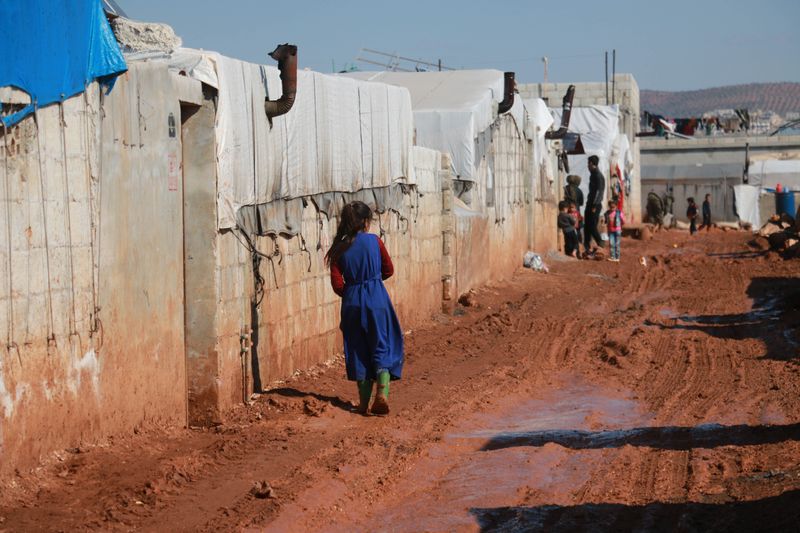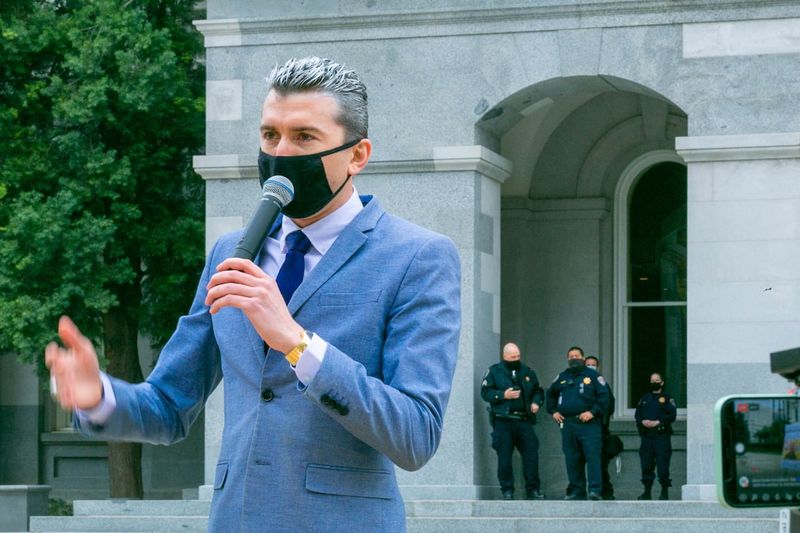David Beckham Defends Qatar Ambassador Role at World Cup Despite LGBTQ+ Rights Criticism
The Context
Former footballer David Beckham has defended his decision to serve as an ambassador for the 2022 FIFA World Cup in Qatar, despite facing criticism for accepting millions of pounds from the Qatari regime. Critics argue that Qatar’s treatment of the LGBTQ+ community constitutes persecution and includes instances of police brutality.
Beckham’s Response
In an interview with Sky News at the London premiere of his new Netflix documentary, Beckham addressed the controversy surrounding his role. He acknowledged concerns about the treatment of the LGBTQ+ community in Qatar but maintained that his ambassadorship was driven by promoting the sport and unity.
Beckham argued that his involvement with the World Cup presented an opportunity to bring positive change and influence from within. He expressed his belief that sports can be a vehicle for social progress, stating, “As an ambassador for the game, I believe in its power to transcend boundaries and promote inclusivity.”
Ethical Considerations
The decision to accept the ambassadorship raises several ethical questions. On one hand, Beckham’s critics argue that by aligning himself with Qatar, he is effectively endorsing a government that has been widely criticized for its human rights record. The treatment of LGBTQ+ individuals, in particular, has drawn international condemnation.
On the other hand, some might argue that by taking on the role, Beckham has the opportunity to engage in conversations and advocate for change from within. By using his platform and influence, he could potentially push Qatar to improve its human rights practices and create a more inclusive environment.
Political Ramifications
Beckham’s association with Qatar, a country known for controversies including migrant worker abuses and restrictions on freedom of speech, also carries political implications. With the eyes of the world on the World Cup, his role as ambassador could inadvertently provide legitimacy to the Qatari regime and divert attention away from its shortcomings.
Moreover, Beckham’s decision may prompt discussions about multinational corporations and public figures and their moral obligations when it comes to endorsing controversial governments. Is it more prudent to use these opportunities to exert influence and push for change, or should one prioritize taking a stand against human rights abuses and refuse association?
The Way Forward
As David Beckham faces criticism for his choice to be an ambassador for the World Cup in Qatar, it is crucial to engage in a nuanced discussion and consider the potential impact of his involvement.
In evaluating ethical questions, it is important to weigh the potential benefits of using a prominent platform to advocate for change against the risk of providing legitimacy to a regime with a questionable human rights record.
International sporting events like the World Cup have historically been opportunities for countries to showcase their progress and engage in dialogue about social change. However, the responsibility falls not only on individuals like Beckham but also on governing bodies like FIFA to ensure that the host country upholds human rights standards.
In the case of Qatar, it is important for Beckham, FIFA, and other stakeholders to leverage this opportunity to push for tangible progress in LGBTQ+ rights and human rights as a whole. This could involve engaging in dialogue, demanding accountability, and working towards concrete reforms.
Ultimately, the ethical complexities surrounding Beckham’s ambassadorship underscore the larger debate about the social and political role of sports, the obligations of individuals in the public eye, and the responsibility of international organizations to promote inclusivity and human rights.
As discussions unfold, it will be essential for all parties involved to listen to diverse perspectives and work towards finding common ground in an effort to create positive change.

<< photo by Dominika Roseclay >>
The image is for illustrative purposes only and does not depict the actual situation.




